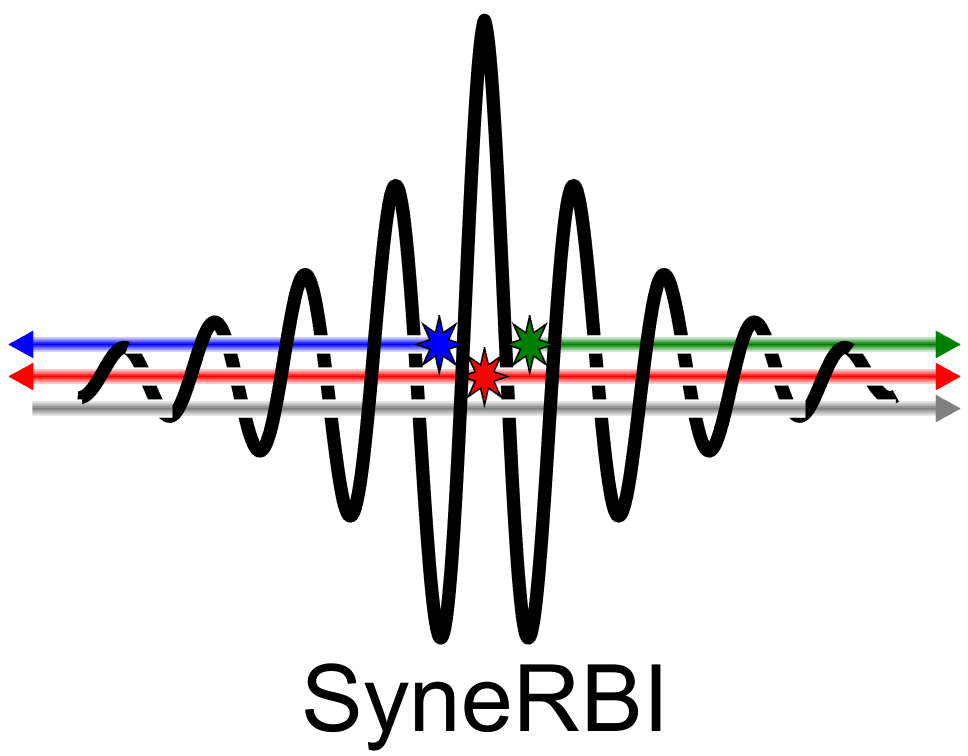Speaker: P. S. Clegg, School of Physics and Astronomy, University of Edinburgh
Abstract:
Movement due to breathing degrades the quality of both PET and MRI images making them less valuable for diagnosis. The combined information from simultaneous PET/MR scans can be used to transform both data sets such that they correspond to a single moment in the respiratory cycle. Our data was captured on a Siemens Biograph mMR scanner using the tracer 68Ga-FAPI for a 50 minute PET scan. Simultaneously, an MRI Dixon scan was recorded and also a free-breathing StarVIBE (radial) sequence for 4 minutes. A respiratory surrogate was extracted via principal components analysis of raw projections of the PET data from around the diaphragm. An improved surrogate is obtained by using three separate series of projections of 1.5 sec duration which are staggered in time giving 0.5 second time resolution with reduced noise. MRI images are used as an anatomical prior with the hybrid kernelized expectation maximization (HKEM) algorithm. We divide both PET and MRI data sets into respiratory bins corresponding to maximum inhale, mid-exhale, maximum exhale and mid-inhale. The HKEM algorithm was applied at the level of individual respiratory motion states and included within motion correction incorporated reconstruction (MCIR) providing sharper details across the image.
